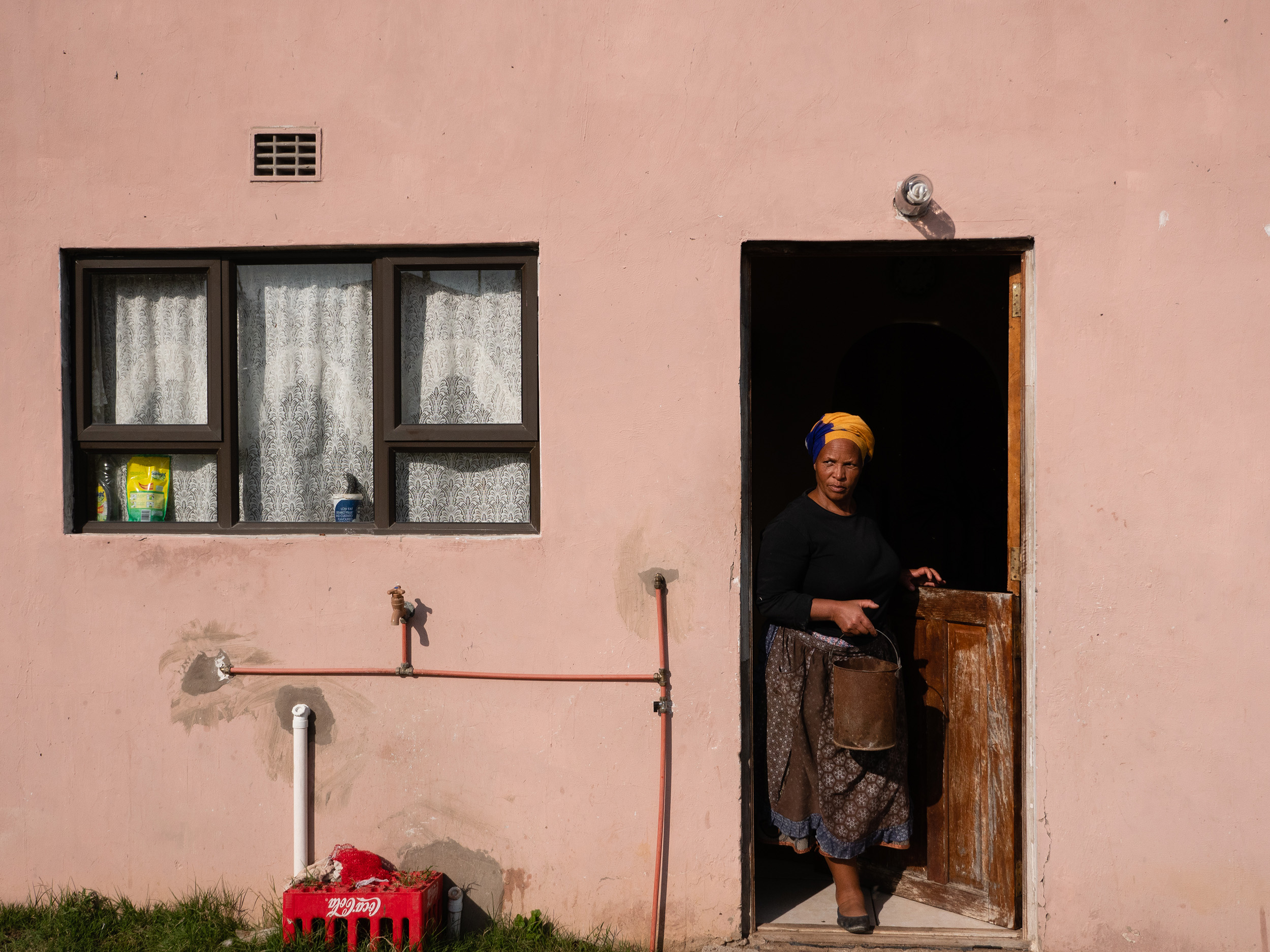Therefore, I was very honored when Swiss NGO Fastenopfer allowed me to visit the Rural Women’s Assembly (RWA) in South Africa. Supporting local initiatives is at the forefront of Fastenopfer’s work. Local partners know which issues are the most pressing. They know which initiatives will have the greatest impact. Telling the stories of the local community and its inspiring individuals was at the forefront of my work.
The Rural Women’s Assembly links rural women together in a network all-over southern Africa. The aim is to advocate for them on a political level and train them in various fields. One of my main motivations was to bring awareness to some of their work and their achievements. During my week-long trip, I was grateful for the chance to visit ten RWA projects in the Eastern Cape of South Africa.
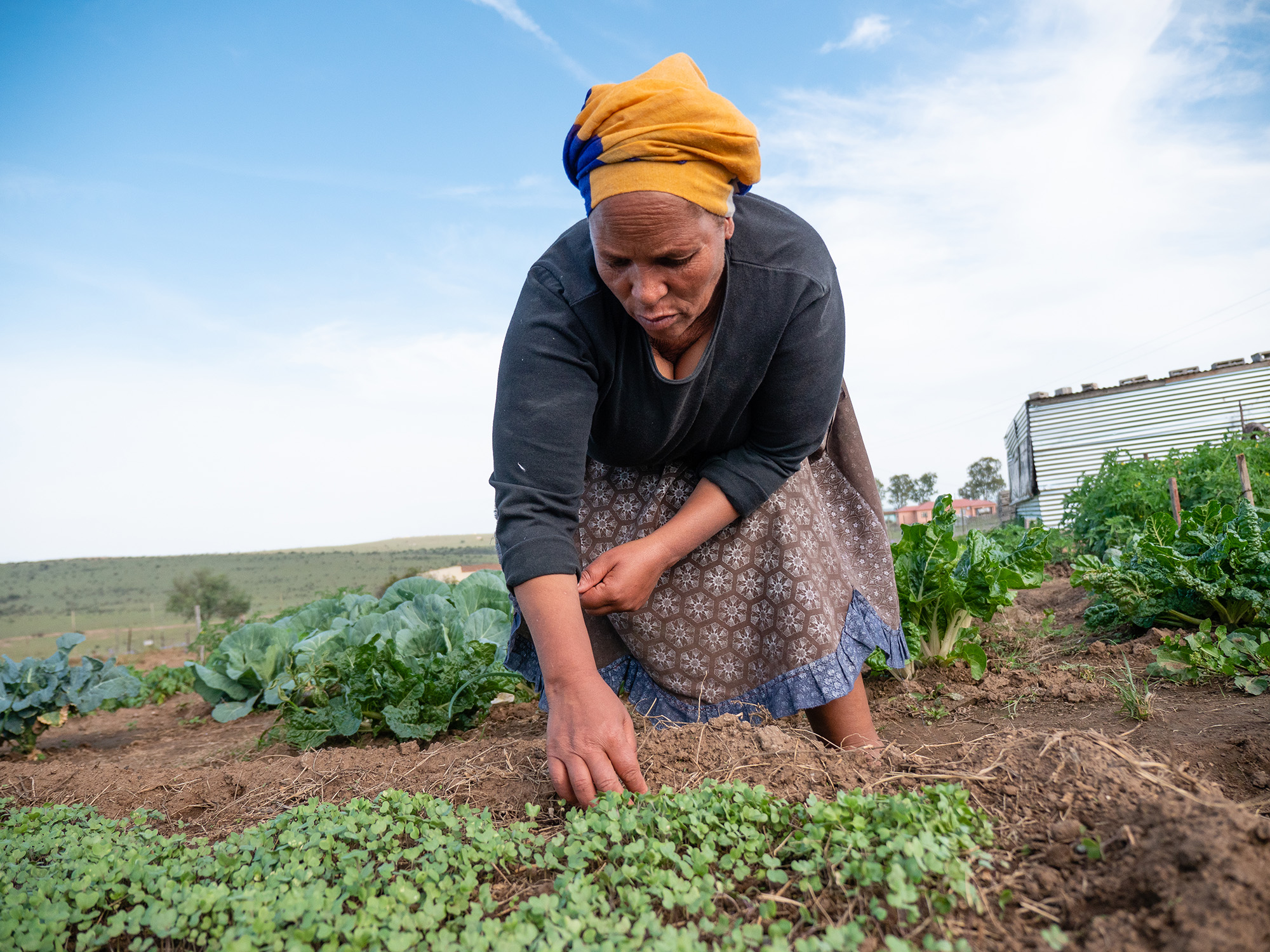
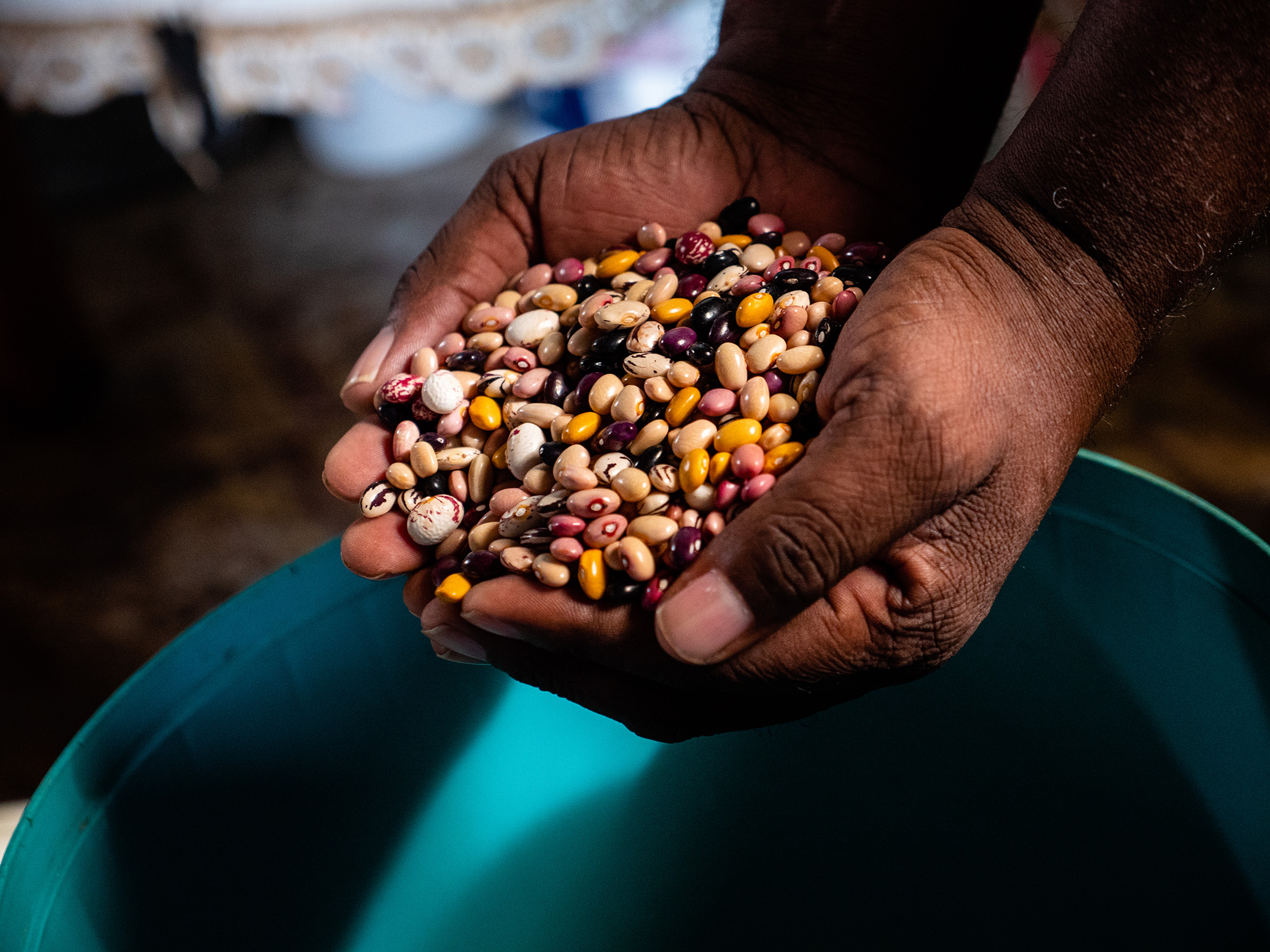
IMAGE LEFT: Nombasa Mfenqe with cabbage seedlings ready for transplanting. | © Reto Steffen
IMAGE RIGHT: Saving seeds is essential to guarantee the livelihood of small farms. | © Reto Steffen
Off the Beaten Track
As the cliché goes, South Africa is a land of contrasts, and the Eastern Cape is no exception. The country came a long way during the end of the 20th century. Yet, inequalities, unemployment, and land distribution remain huge challenges. People have been displaced to rural areas, where government infrastructure and support are still almost nonexistent. For this reason, many have left rural areas to make an uncertain living in the big cities’ townships.
In addition to this problem, food production is essentially the purview of a few big companies. People only rarely have access to fresh, healthy, and affordable food. As the Eastern Cape is quite dry, climate change has made rain less predictable. Droughts or short periods of inundations tend have become the new normal. Hence, for farmers, water management is more crucial than ever.
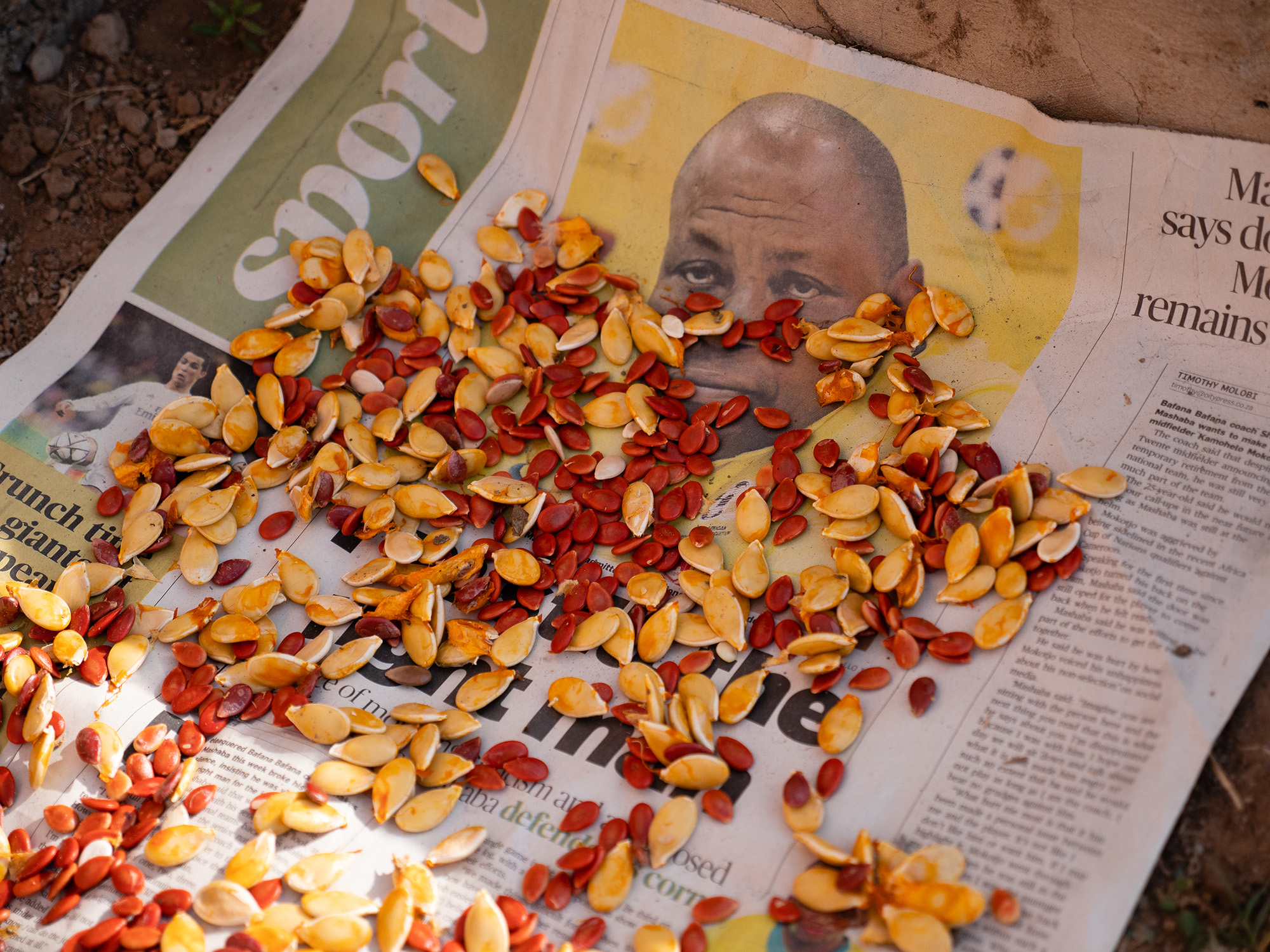
IMAGE ABOVE: Melon and pumpkin seeds need to be dried to be saved for next year. | © Reto Steffen
Big Business, Lost Traditions
In recent years, big agribusiness and the government have pushed farmers to buy GMO seeds, which are intended to be more resistant to pests and diseases. As traditional seeds were almost extinct, farmers had no choice but to adopt the GMO variants. Importing seeds from other countries was (and sometimes still is) illegal.
The GMO seeds have terrible side effects (or the exact effect that agribusiness was aiming for). Farmers are locked in a system they are dependent on for everything. GMO seeds can only be fertilized with an approved fertilizer. Even worse, seeds cannot be saved and re-seeded the following year. On one hand, some seeds are created to be sterile. On the other hand, farmers are forced to sign a contract that disallows the saving of seeds.
Traditionally, farmers would save some of their harvests to use as seeds for the following year. They would see which seeds grew better and sow more of those seeds. However, this power had now been taken away from them. Their farming knowledge has been discarded, and they have become tools for businesses: buying seeds, sowing, harvesting, buying seeds, sowing, harvesting, etc.
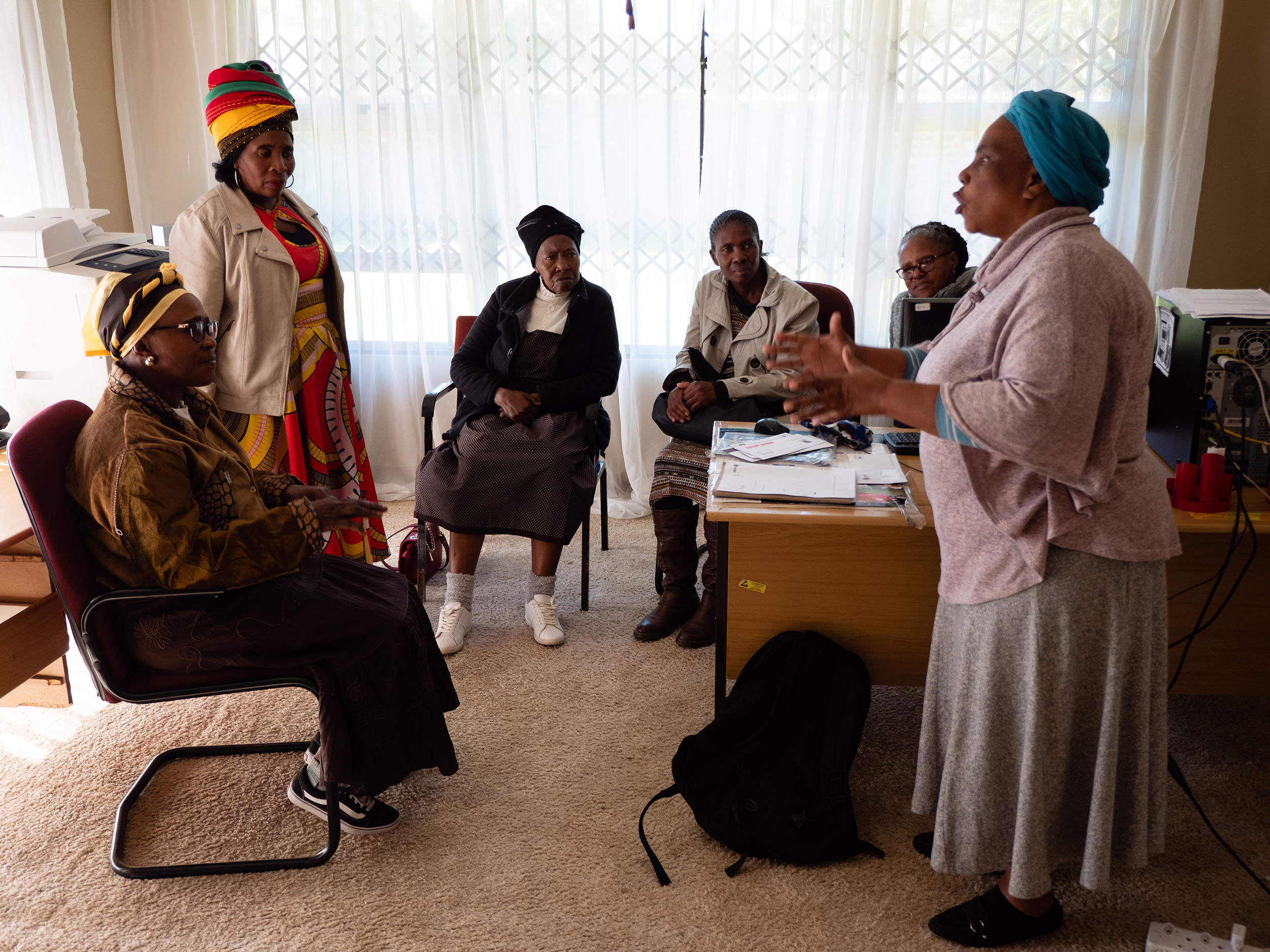
IMAGE ABOVE: Each section of the Rural Women’s Assembly regularly organises discussion and support groups for their members. | © Reto Steffen
Rural Women’s Assembly
The Rural Women’s Assembly is active across Southern Africa and is involved in many different activities, including lobbying politicians for better laws for women. As land ownership is still difficult for women, RWA helps with seed exchange, offers agroecological training and helps to set up cooperatives to acquire land for communal gardens.
In order to escape the vicious GMO circle, RWA lobbied politicians to stop the push for more GMO seeds and instead allow seed exchange. With its terrible recession, neighboring Zimbabwe was a bad client for the agribusiness. The farmers there had traditional seeds, which had proven very well adapted to the climate of this region. Consequently, seed banks were established all over South Africa. This helped to build up a collection of natural seeds that effectively resist pests, diseases and require less water. As water is scarce, agroecological techniques – such as mulching and intercropping – allow farmers to save water they would normally need for irrigation.
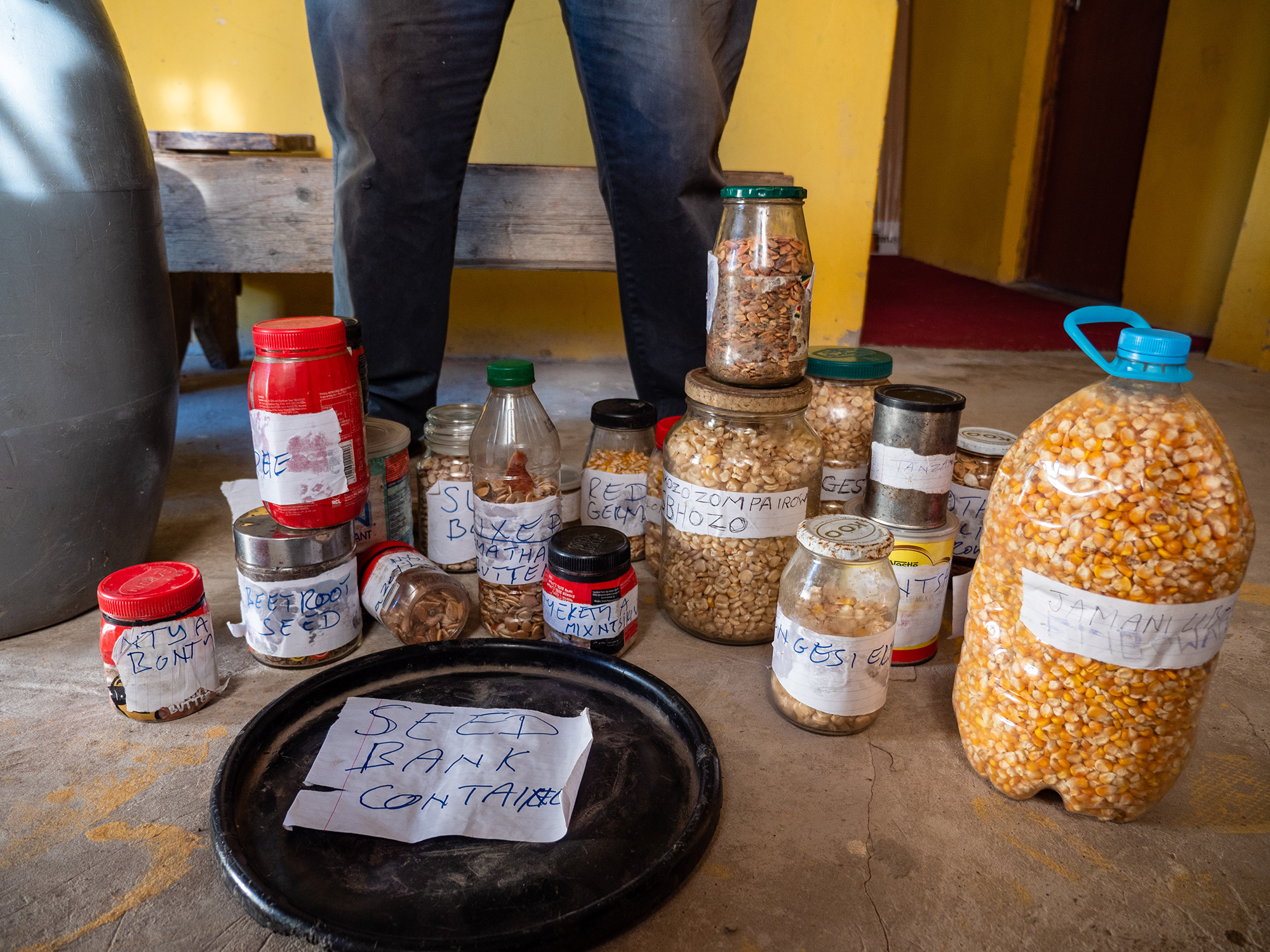
IMAGES ABOVE: Ngingi Pondi and his seed bank that he has been growing since 2005. | © Reto Steffen
The Power of Community
Reaching the farmers took me from wealthy suburbs, to impoverished townships. Past swaths of privately-owned land, where the tarmac road becomes a dirt trail. And to villages, where no tourist ever stops.
I visited several different villages and projects supported by RWA. All of them introduced me to awe-inspiring women, each one fighting for a better future for herself, her family and the whole community with contagious fervor.
The first project was at an abandoned school in Tshabo. When the school was deserted, a local group of women lobbied politicians and the village chief to give them access to the schoolyard. As the school was fenced in (and fencing an area is very expensive), the schoolyard was a good candidate for a cooperative garden. This group ultimately became a women’s cooperative (they do accept men). They grow vegetables in the schoolyard for their own consumption and sell them locally. In the meantime, they have secured enough money to fence in another plot of land. Currently, they are looking into seed saving initiatives and diversifying their activities.
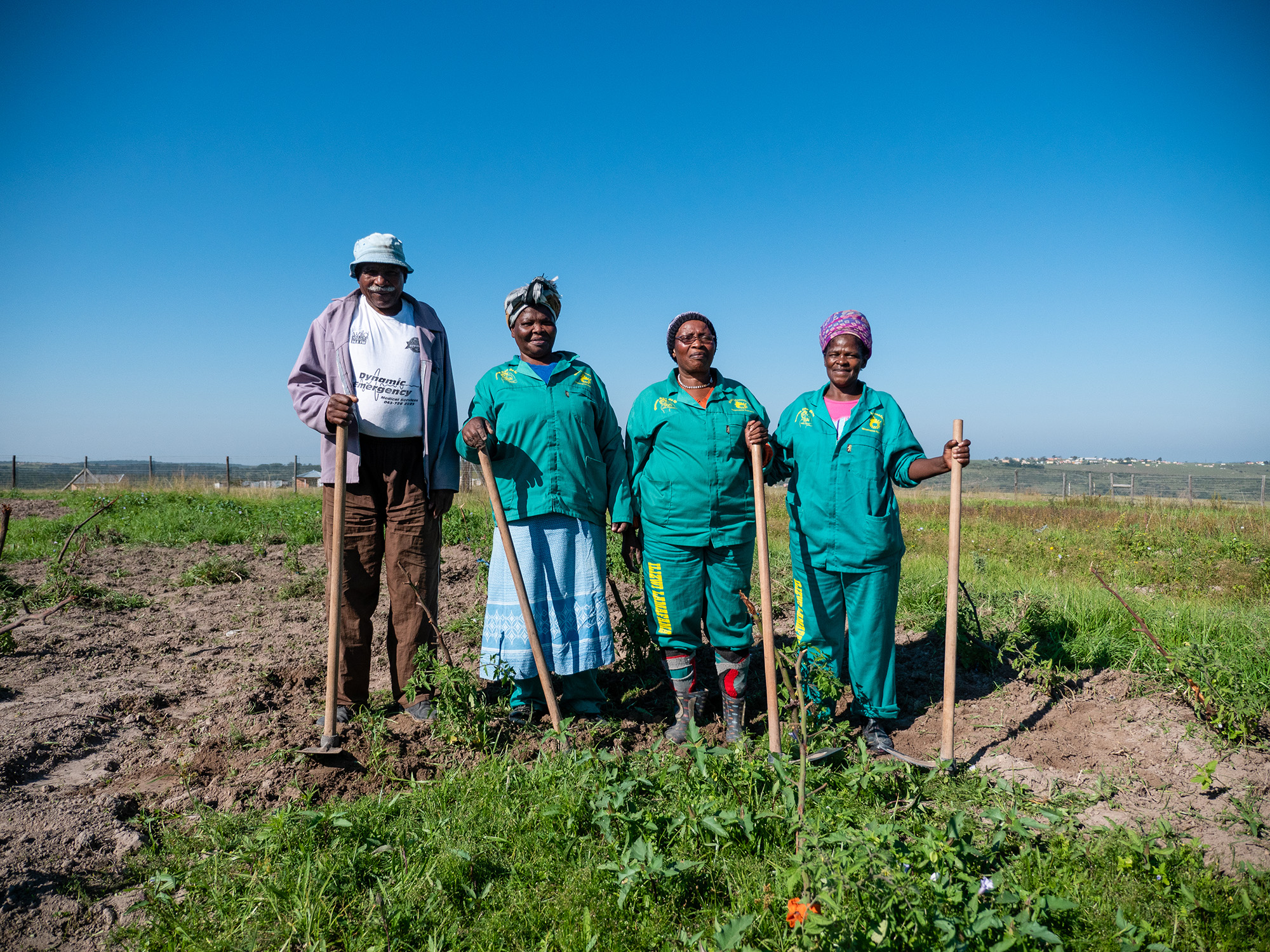
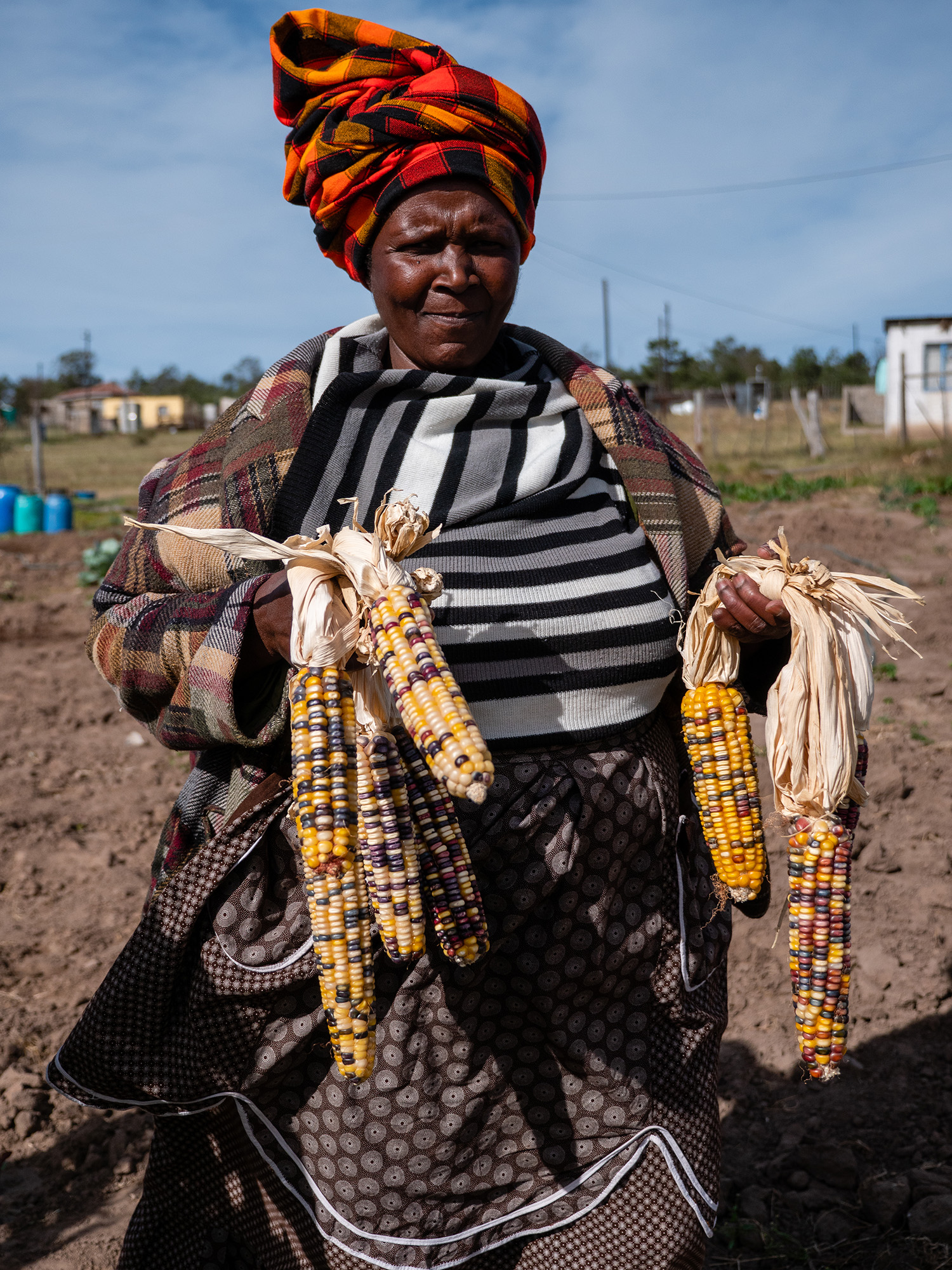
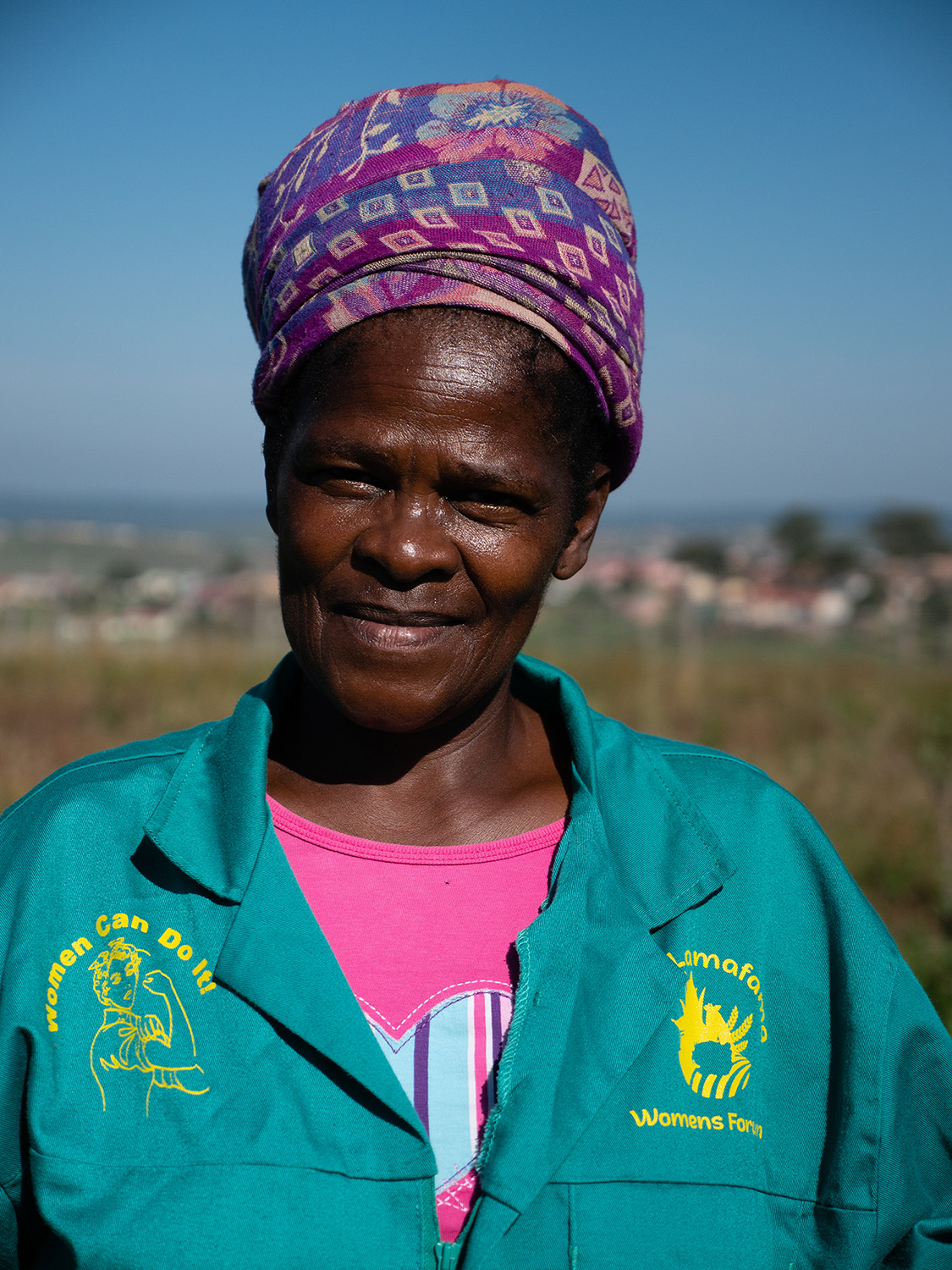
IMAGES IN ORDER OF APPEARANCE: Tshabo 1 Women Cooperative, (they do accept men), the abandoned schoolyard has the advantage of being fenced in (top). | Traditional seeds are more adapted to the local climate and their seeds can be grown again (bottom-left). | Danjiwe Rhoji, a participant of the Tshabo 1 Women Cooperative (bottom-right). | © Reto Steffen
A few days later, I traveled to a remote village where Nombasa Mfenqe and her family have established a family cooperative. In the past, Nombasa lived in Cape Town with her family. She and her husband both had jobs. Their children were well educated. However, Nombasa soon realized that the unemployment rate was so high, that even with a degree, her children would struggle to find jobs. Therefore, she decided to move to a village in Eastern Cape, where her husband’s family is based.
Together, the family started a cooperative, which allowed them to acquire some support from the government. They have one plot of land close to their house, where they plant all kinds of vegetables. In 2019, a very fruitful harvest of watermelons motivated buyers to drive all the way out to their village. Their success – due in part to agroecology training – has inspired and impressed her neighbors, who may follow in her footsteps.
I can see that we - as women - can fight to get more land for ourselves. [We] can stand together. [We] can help each other with things like seed banks.
When talking to Nombasa, I particularly remember one thing she said to me: “I’m a member of RWA because by being there, I can see that we – as women – can fight to get more land for ourselves. [We] can stand together. [We] can help each other with things like seed banks; keeping seeds because we are still learning more…we can stand up for our families later on, so that there is no more poverty.”
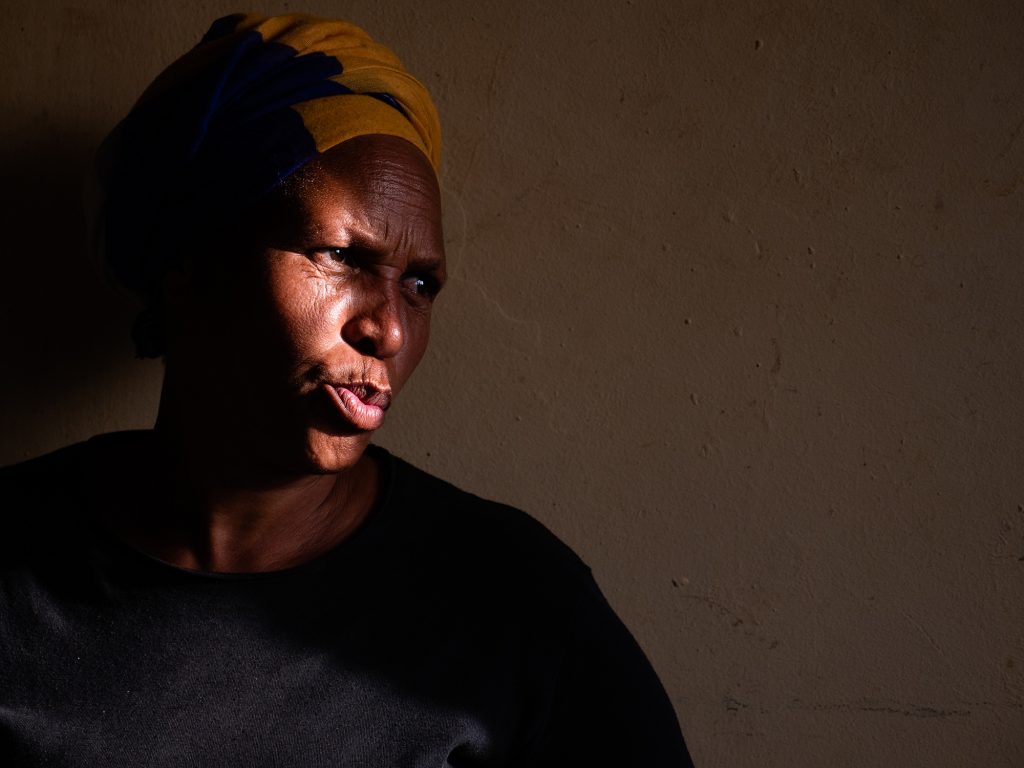
IMAGE ABOVE: Nombasa Mfenqe has quit her job and brought her children back to a rural village so that they would not go unemployed. | © Reto Steffen
Lasting Memories
Spending a whole day with Nombasa Mfenqe was an unforgettable experience. Witnessing the struggles she faces every day was impressive. Some are rather mundane, like her teenage son refusing to eat what she had prepared. Others are much more challenging: selling her produce from a remote village with barely any roads leading up to it; water and electricity being very unreliable and getting cut off randomly multiple times a day.
The love and passion that Nombasa has is very moving. She talked to me about the seedlings she grew from a previous harvest, her chicken and pigs, and her energy to improve both her children’s lives and the lives of her fellow rural women. The plans she has for a better future with the help of the RWA are very inspiring. Spending a day with her and her family was a treat. I was sad when it was time to leave, with my heart and SD card full of great memories.
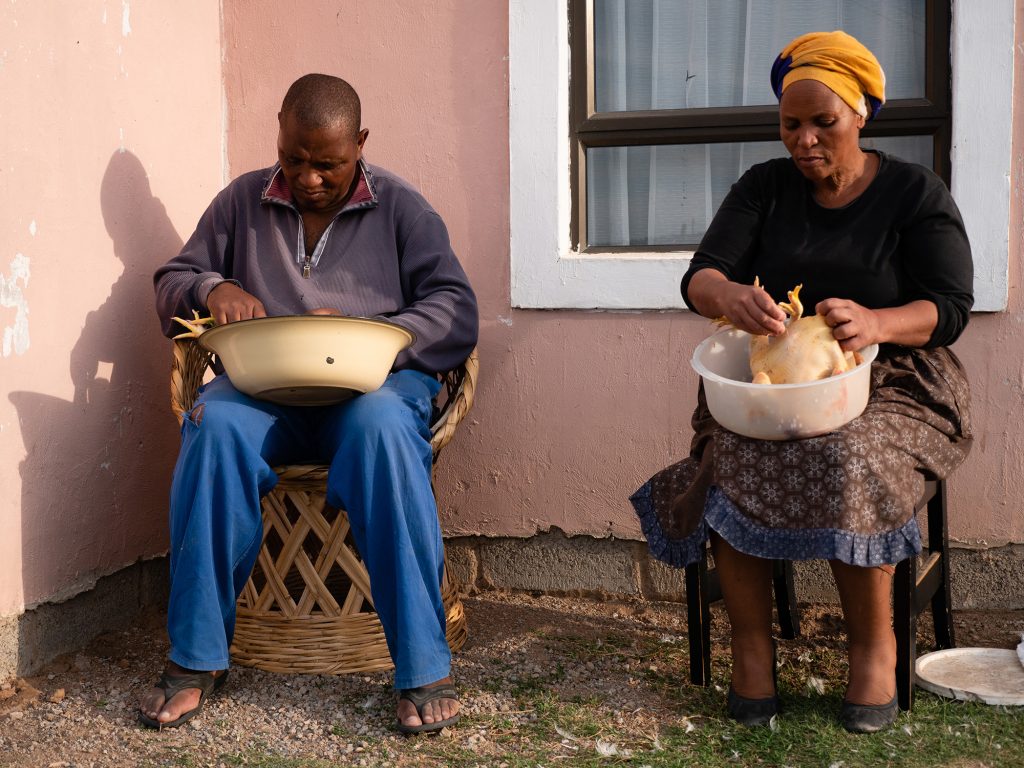
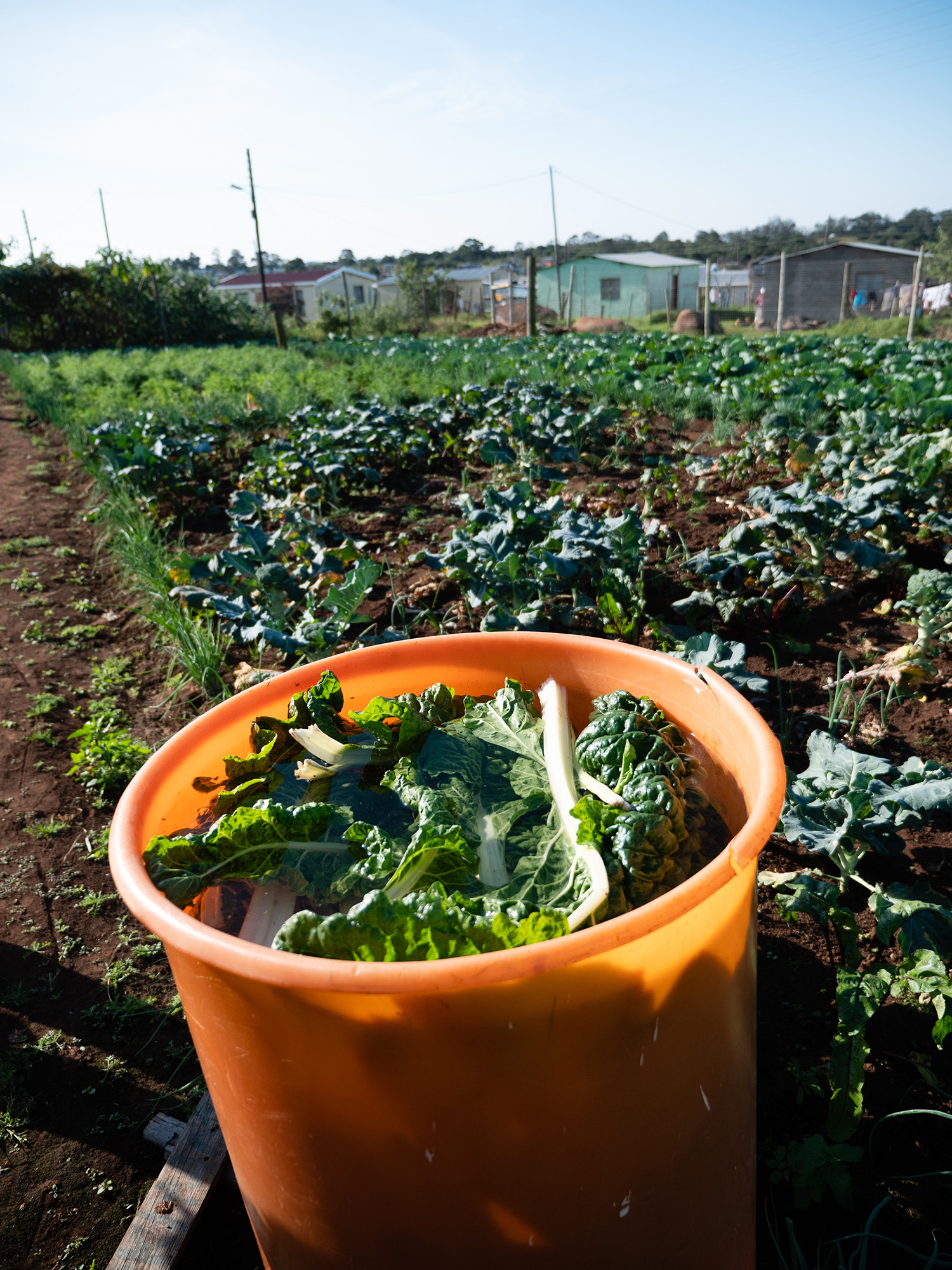
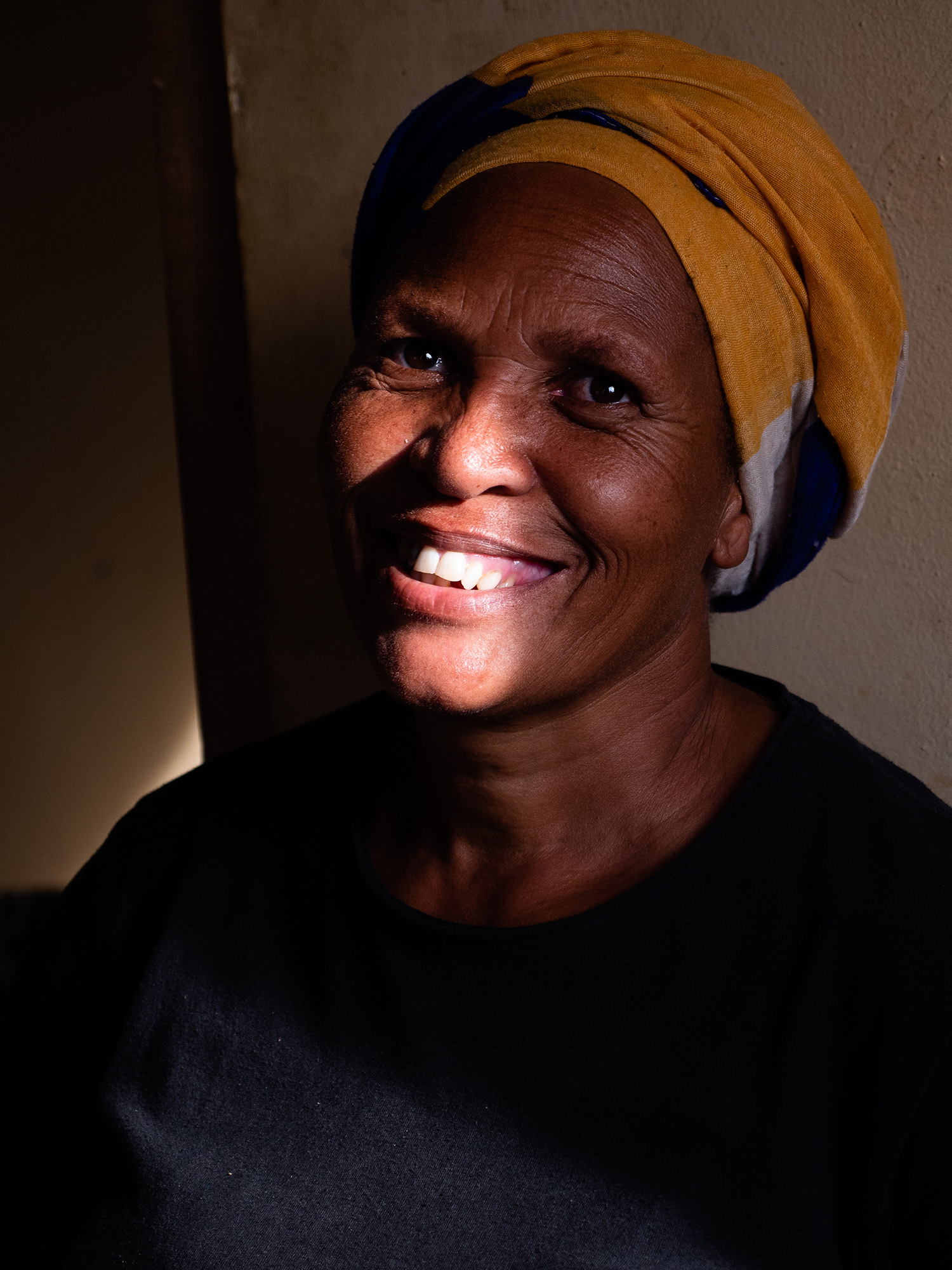
IMAGES IN ORDER OF APPEARANCE: Mfanelo and Nombasa Mfenqe. Raising chicken and pigs is a good solution to diversify their income (top). | Intercropping and agroecological methods have allowed the participants of the cooperative to feed their family and sell the surplus (bottom-left). | Nombasa Mfenqe (bottom-right). | © Reto Steffen
A Path to Sustainability
Regionally and naturally adapted seeds do better with climate change and require less water to begin with. Through the use of agroecology, these seeds need even less water and no industrial pesticides to grow. This is a win-win for all: the farmers, consumers, and the planet.
In South Africa, a lot of knowledge was lost when people were displaced. Training and support are making communities more sustainable in areas with little infrastructure or government help. Food grown locally does not need to be transported, transformed, or preserved. This means that it is fresher, more nutritious, and has a lesser impact on the planet.
And now, we are going back to our roots and it makes us feel that we are on the right track…we are improving our lives by using the traditional seeds.
Thobeka Mapukata, one of the women I met, said “The traditional seeds are very important. They have benefits, [as no] chemicals are involved. It’s the type of seeds our forefathers and our grandmothers were using, and which resulted in them having [fewer] sicknesses than we are suffering from [today]. And now, we are going back to our roots and it makes us feel that we are on the right track…we are improving our lives by using the traditional seeds.”
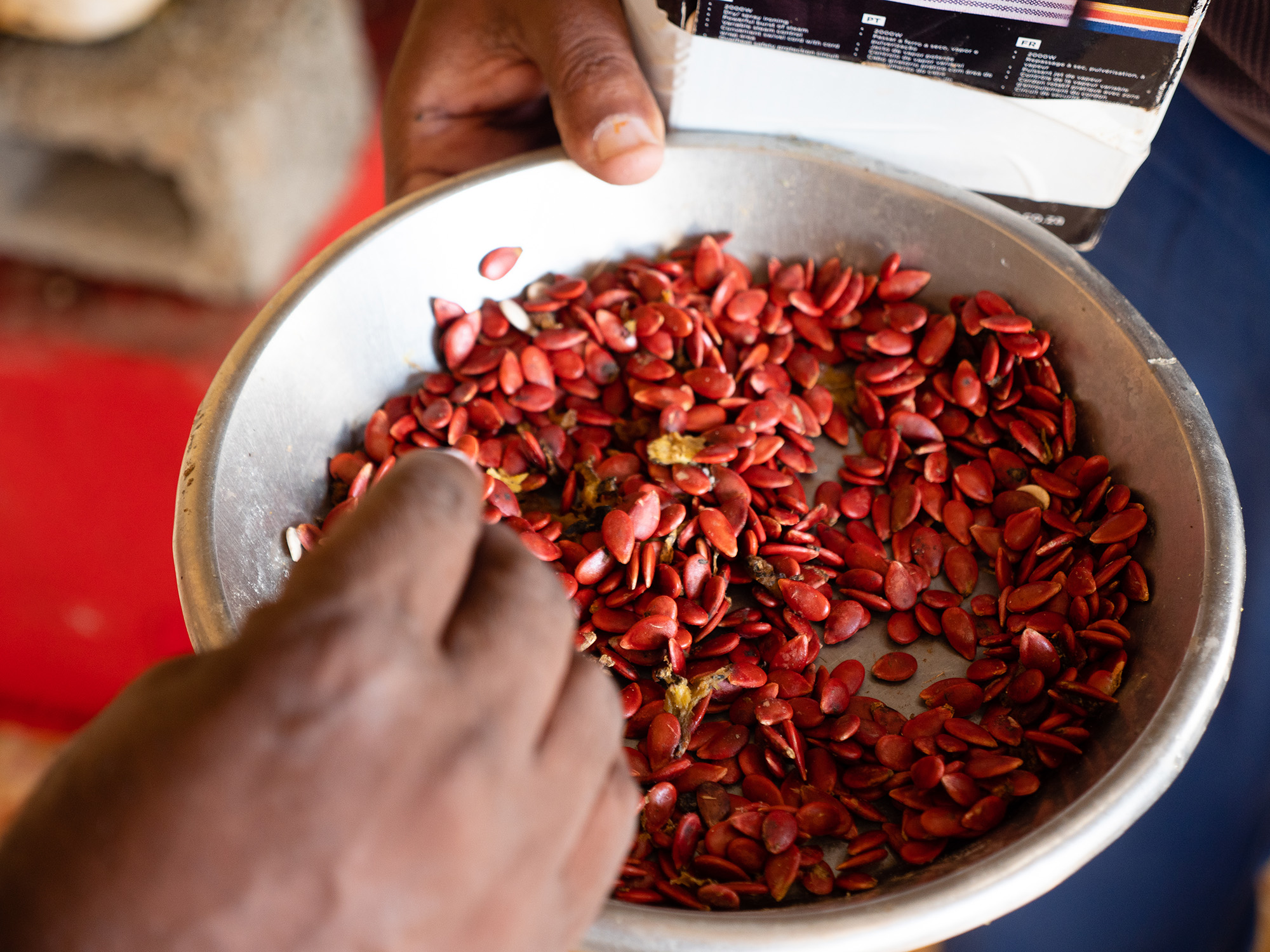
IMAGE ABOVE: Drying watermelon seeds, Nombasa Mfenqe had an exceptional watermelon harvest and she’s hoping that next year’s will be simiar. | © Reto Steffen
Back to the Roots
Complex problems do not have simple solutions. Yet, the work of RWA helps to improve both the perceived image of farmers and their well-being. By giving local farmers the right tools and various types of training, they are able to live a dignified life. More importantly, they can feed their families and communities nutritious and healthy food.
I believe that giving farmers their “seed independence” has many benefits. Primarily, this allows for growing better food, while also providing more rural jobs. Seed independence can become a viable alternative for young people that see migrating to large cities as their only option. Essentially, this can be applied not only in South Africa, but all over the world.
Reducing inequalities by giving women more rights and more power to get a say in the affairs of their family, community, country and the world should be worked towards globally.
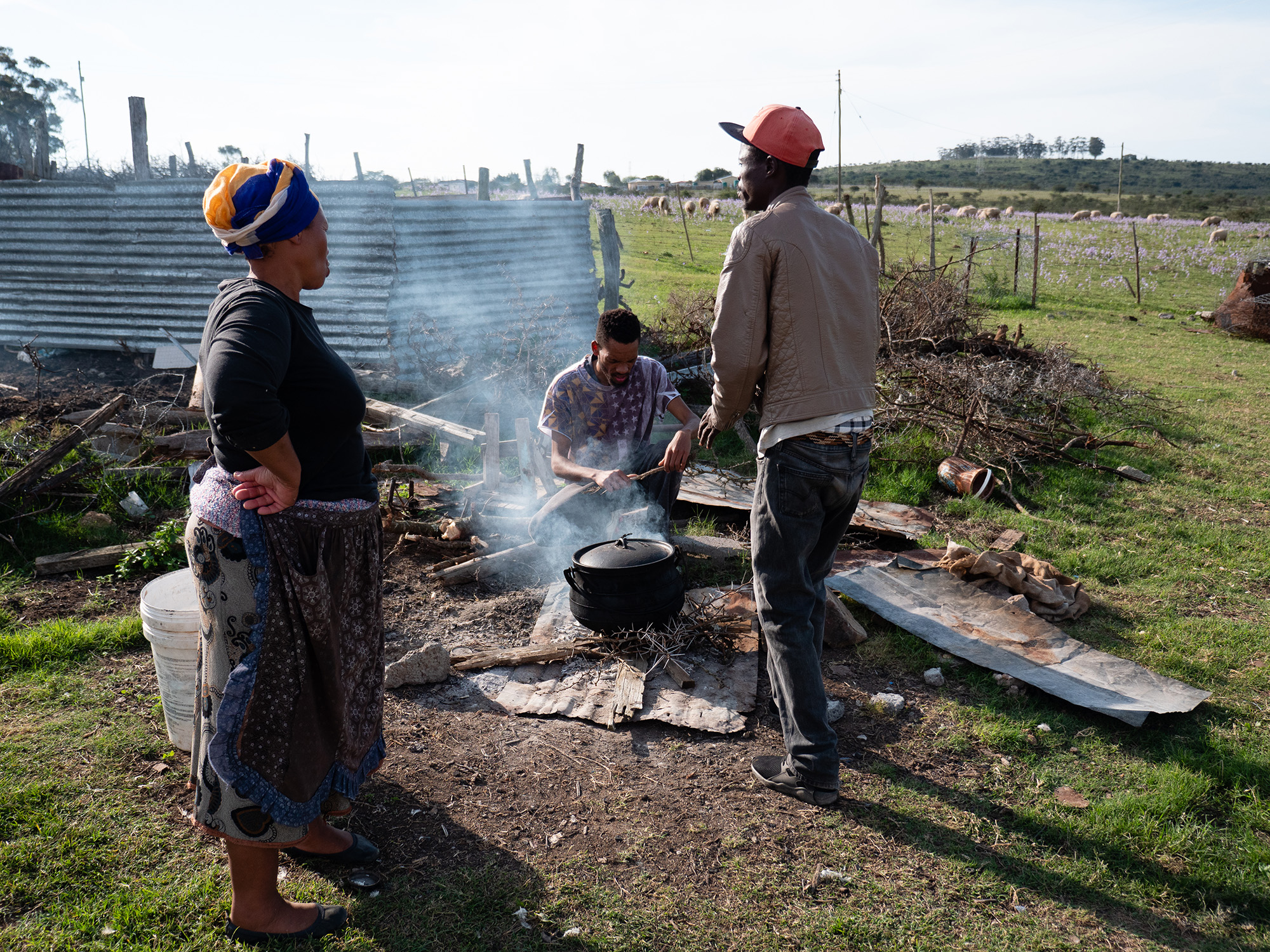
IMAGE ABOVE: Nombasa Mfenqe, her son and her nephew. | © Reto Steffen
Seeds of Hope
Growing food that is better for consumers and has a lesser impact on the environment is a struggle for many different reasons. Every step that helps farmers to be proud of their product and allows them to live a dignified life is a step in the right direction. Work done by organizations like RWA can make a long-lasting different. By strengthening women’s role in society and working towards a fairer world, our society can benefit.
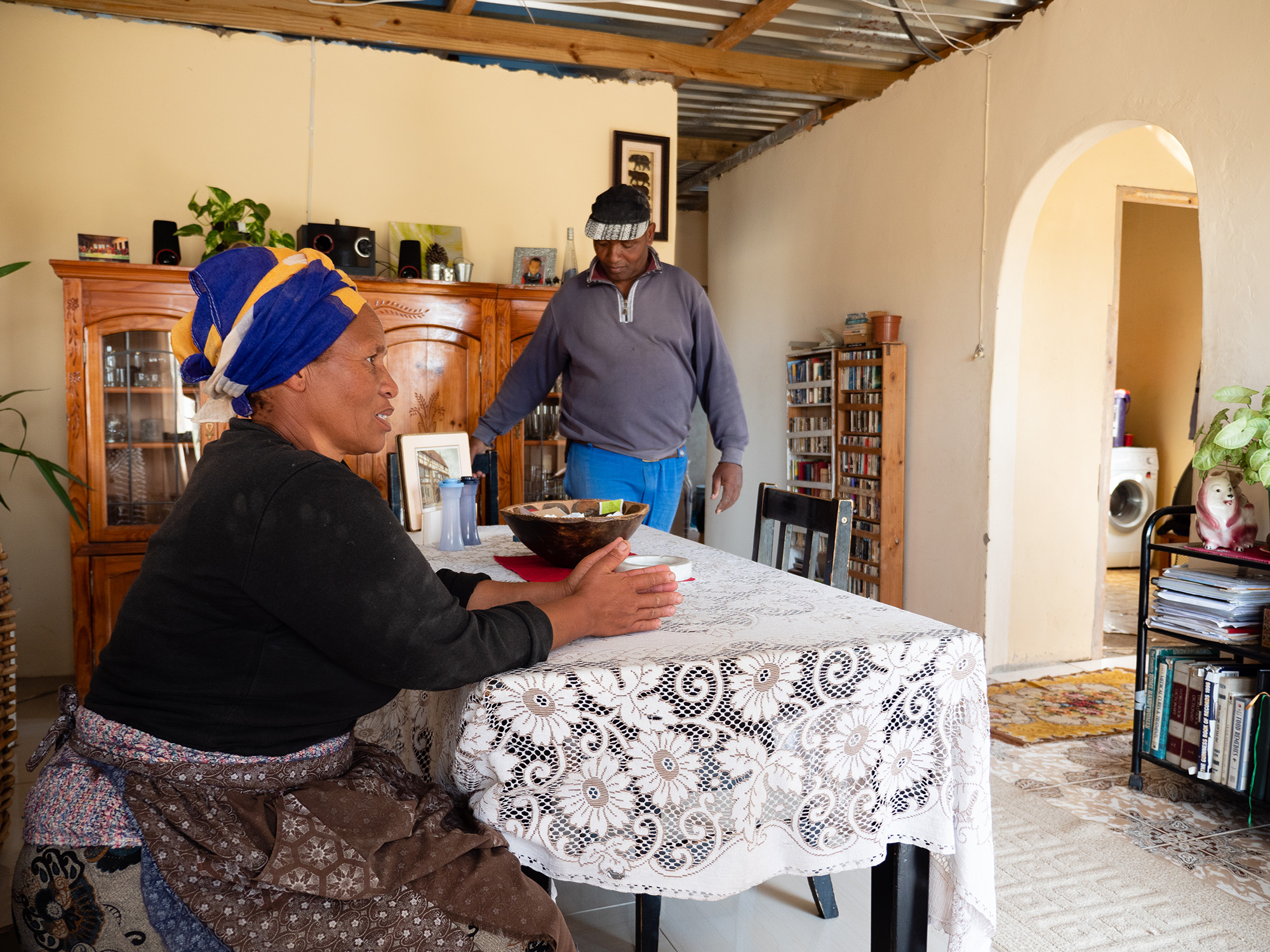
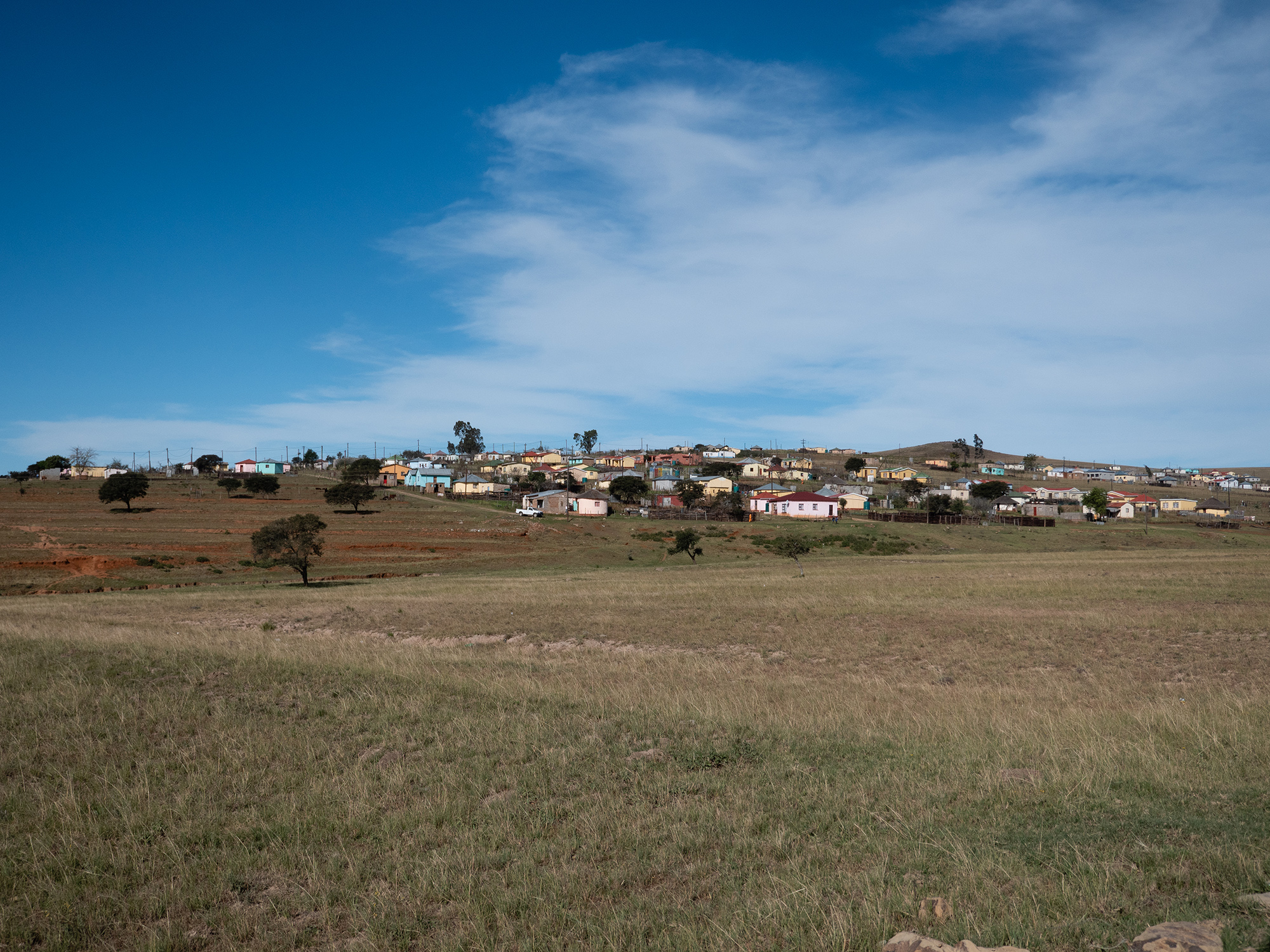
IMAGE LEFT: Nombasa Mfenqe and her husband are hoping to expand their farm in the coming years. | © Reto Steffen
IMAGE RIGHT: A typical South African village, off the tourist track. | © Reto Steffen
All the RWA members heartfully welcomed me and allowed me to glimpse into their lives with open arms. I hope that my pictures will help raise awareness of the struggles of rural women in South Africa and help make a difference to the local efforts that are already happening.
If you want to learn more about Fastenopfer and their work, please visit their website.
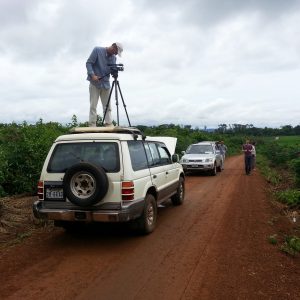
Written by
Reto Steffen
Reto Steffen is passionate about giving a voice to people underrepresented in society. His work explores social and development issues by working together with NGOs and academics to put a face on complex issues and help bring them closer to an audience.
Based in Switzerland | www.retosteffen.ch
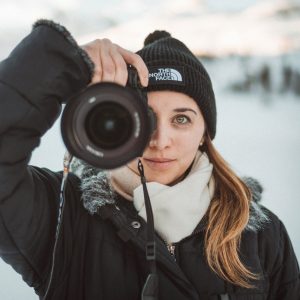
Edited by
Lana Tannir
Lana Tannir is the founder and editor-in-chief of Creatives for Conservation. A professional landscape and wildlife filmmaker and photographer, she specializes in nature conservation and animal welfare projects. Through her stories, she strives to promote global change by raising awareness, advancing education and inspiring people to act.
Based in Germany | www.lana-tannir.com.com
Join the Journey
Subscribe to receive more stories about nature and wildlife conservation.
Discover Our Stories
Explore more inspiring stories written by our creative conservationists.

Amazon of the North
The Great Bear Rainforest faces many environmental threats. Deforestation of the temperate rainforests, the construction of fish farms and pipelines, commercial fishing of herring in spring, and trophy hunting are just some of them. Photographer and cinematographer, Niklas Weber, documents the challenges of this ecosystem and examines potential solutions.

On the Brink: Atlantic Puffins in Iceland
While not considered an endangered species, Atlantic Puffins are nevertheless facing numerous challenges in Iceland. Overfishing, pollution, climate change and even hunting have led to a population decline by 45.6% between 2003 and 2017. Marine biologist, science teacher and photographer Federico Facchin shares his encounters with this species and discusses the need to protect them.
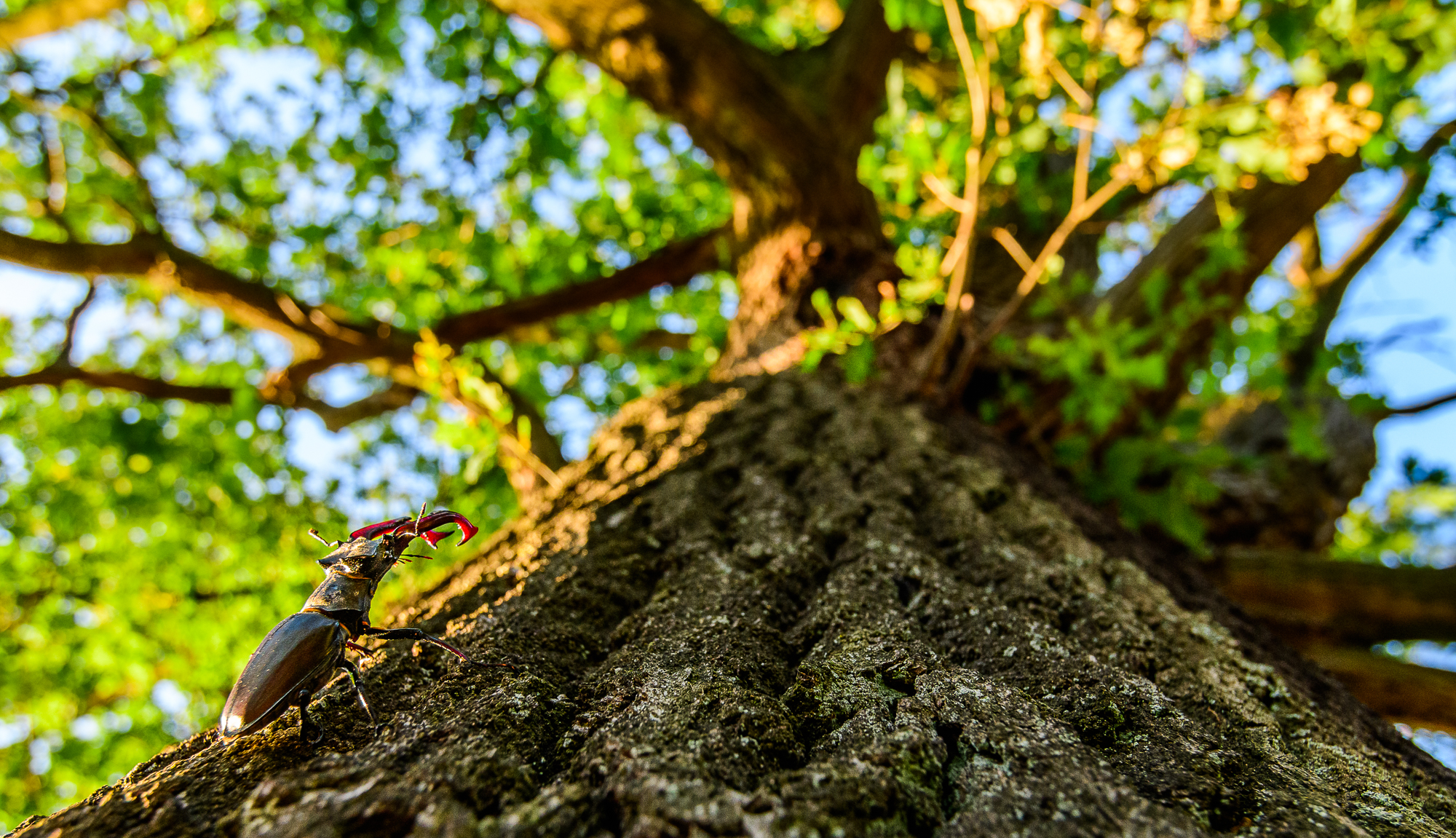
Conservation of European Forests
European forest ecosystems face various threats. Many of them originate from the management and exploitation systems in the past. However, numerous solutions are being applied in the current day to establish a balance between forestry and biodiversity. Ecologist and photographer Jeroen van Wijk reveals the challenges and solutions to conserve these forests.
